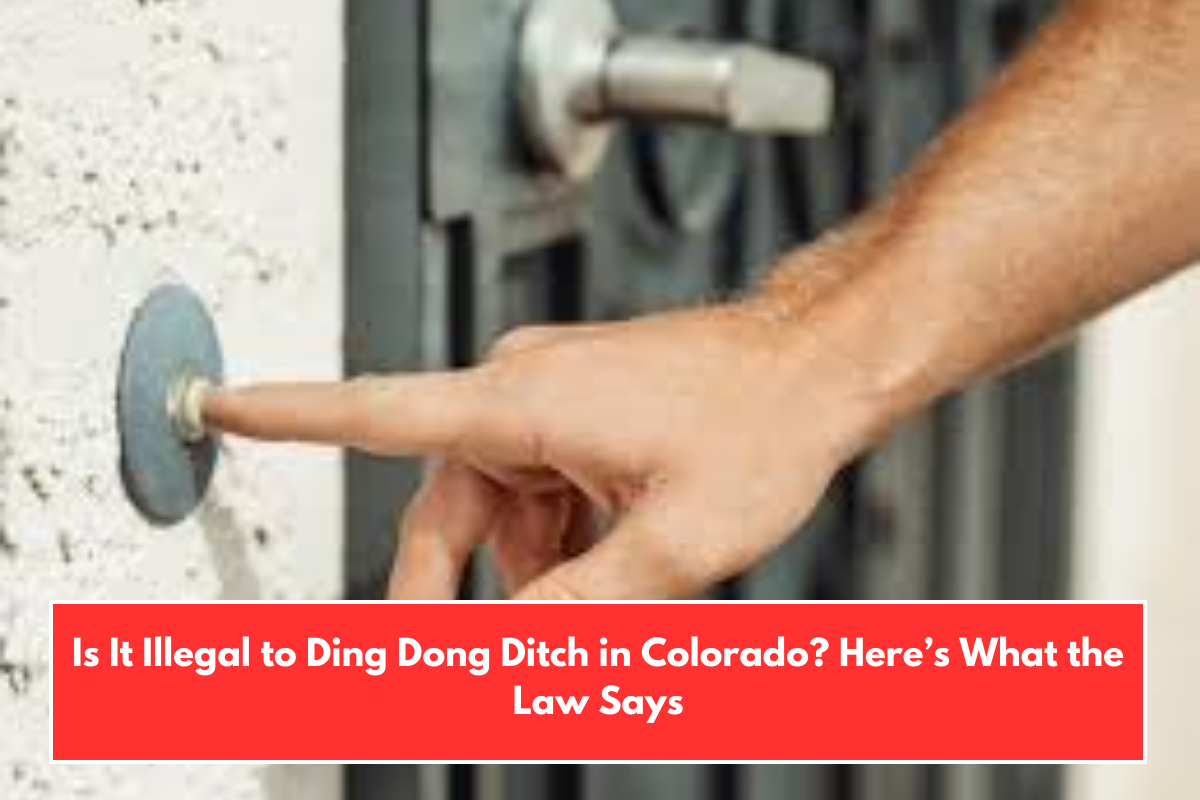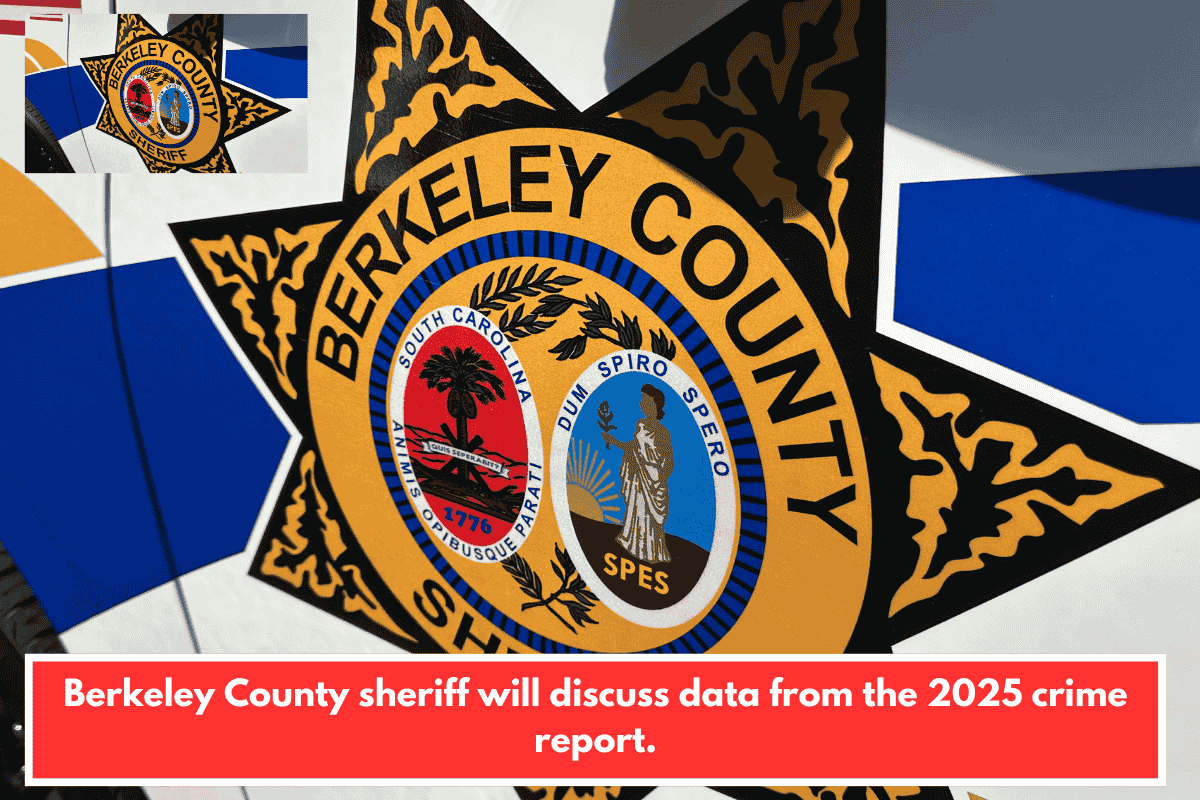Ding dong ditch-ringing a doorbell and running away-is often seen as a childhood prank, but its legality in Colorado depends on specific circumstances and local ordinances.
Legal Status in Colorado
- There is no Colorado state law that specifically addresses “ding dong ditch” by name. However, the act can potentially violate other laws depending on how it’s carried out.
- The most relevant legal concerns are trespassing, disturbing the peace, or harassment.
Trespassing
- Entering someone’s property without permission, even briefly to ring a doorbell, can be considered trespassing under Colorado law, especially if the property is clearly marked or if the prankster lingers or repeats the act.
- In practice, simply approaching a front door to ring a bell is generally not prosecuted as trespassing, since homes are typically accessible to the public for legitimate reasons (such as deliveries or visitors). However, if the act is repeated, occurs late at night, or causes fear or annoyance, it could escalate to a criminal trespass or harassment charge.
Disturbing the Peace & Harassment
- If ding dong ditching is repeated or done in a way that disturbs residents-especially late at night-it could be considered disturbing the peace or harassment, both of which are minor offenses that can result in warnings, citations, or, in rare cases, court appearances.
- Law enforcement usually responds with a warning, especially for minors, unless the behavior is persistent or particularly disruptive.
Real-World Example
- In a Fort Collins incident, a group of teens playing ding dong ditch were chased by a homeowner, which escalated to a robbery when the homeowner forcibly took a teen’s phone. In this case, the legal trouble stemmed from the homeowner’s response, not the prank itself.
Potential Consequences
- First-time offenders, particularly juveniles, are likely to receive a warning or a stern talking-to from police if caught.
- Repeated offenses or pranks that cause significant disturbance or fear could result in charges such as trespassing, disorderly conduct, or harassment.
- The prank can sometimes provoke dangerous or unpredictable reactions from homeowners, which can escalate the situation and lead to more serious legal consequences.
Summary Table: Legal Implications
| Action | Possible Legal Consequence |
|---|---|
| Single incident, no harm/disturbance | Usually warning, no charges |
| Repeated or late-night incidents | Disorderly conduct/harassment |
| Entering fenced/gated/private areas | Trespassing |
| Causing fear or property damage | Harassment, criminal mischief |
| Homeowner responds with force | Homeowner may face legal action |
Ding dong ditch is not explicitly illegal in Colorado, but it can cross into illegal territory if it involves trespassing, repeated disturbances, or harassment. Most first-time or minor incidents result in warnings, but repeated or disruptive behavior can lead to legal consequences. The prank can also provoke dangerous responses, so it is best avoided.














